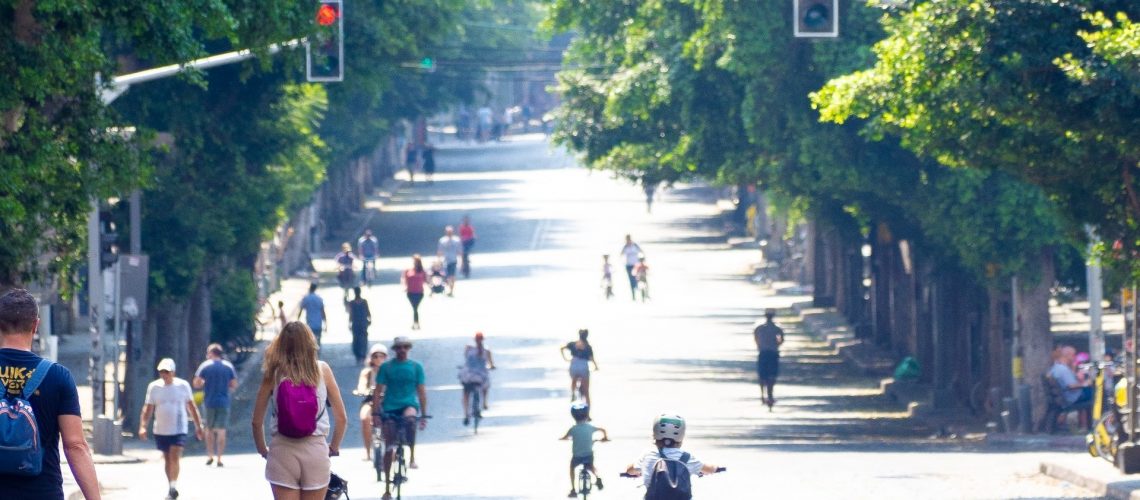Starting this June, public transport users in the Netherlands can check in throughout the country using their bank card. The system is now operation nationwide – a milestone in the transition to a new payment system that should facilitate check in and out using contactless debit cards, credit cards or mobile phones in all public transport.
The new system OV-pay is to replace the chip card (OVchipkaart) which was introduced to replace paper tickets nationwide in 2012. It is operational in buses, trains, trams and metros. Some 60,000 gates at stations and card readers in various vehicles have already been adapted for the new system.
Users can check in and out with bank cards from all major Dutch backs as well as credit cards from Visa and Mastercard. The payment is processed automatically and will appear on your statement the next day. The price is the same as a standard ticket or trip with the public transport chip card without subscriptions or discounts.
For now, public transports users can only use the new system when travelling second class and without a discount or subscription. It is expected the service will be gradually expanded to include discounts and subscriptions, such as for students, business travellers and season ticket holders over the course of next year. In addition, a new public transport card and payment app will be introduced.
Implementation of the system has been delayed several times, mainly due to ICT problems. Recently, RTL news revealed a loophole in the system, making it possible to travel “for free”. By creating a virtual card via an app, it is possible to travel without paying. Translink, the company responsible for the app, responded that they are aware of the loophole but have no plans to stop or limit abuse, stating that most people use public transport “in good faith.” Translink warned that widespread abuse with payment cards could cause all of that bank’s cards to be excluded from OVpay, making it likely banks would act against this type of fraud.
The scenario of abuse of digital ‘disposable cards’, where the card is deliberately deactivated before the trip has been charged, was already known – also from other countries and places where you can travel with a (virtual) debit card, such as in Great Britain and Singapore. Based on these experiences, fraud detection and fraud control measures which are in place are considered sufficiently effective.
It is expected the implementation of the full OVpay system will take at least two more years. The current public transport chip card will remain usable in the meantime. It is expected that it can be used at least until 2025, but in the long term the card will be completely abolished.


